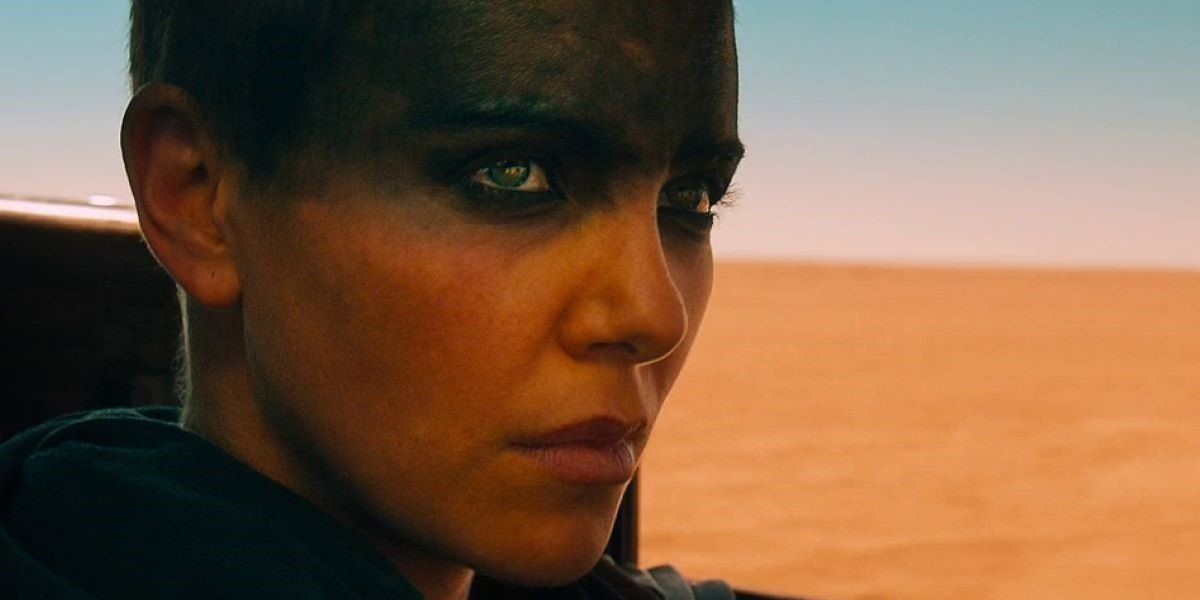

The man the tabloids have dubbed Mad Mel has been deemed unsafe-at-any-speed for a franchise property, so the role of Max Rockatansky has now gone to sensitive silverback Tom Hardy. It is something like the rundown in the last third of Mad Max 2 (1981) stretched to feature length – I don’t believe I have seen a film on this scale so single-mindedly dedicated to the heat of pursuit since, well, Mel Gibson’s Apocalypto (2006). Miller’s Mad Max: Fury Road is a hammer-down, cast-iron-plated, diesel-exhaust-belching manifesto on the physics of screen action, a metamechanics monster truck show with everything but a Robosaurus. Now the wait is over, and the weight is back. In the 30 years since Mad Max Beyond Thunderdome, a number of champs have come and gone, and the car chase has become a game of featherlight pixels floating about. George Miller, who made his directorial debut with 1979’s exemplar of vehicular action Mad Max, hasn’t been in the cooler like Tyson (or John McTiernan), but recently he has concerned himself with franchises involving talking pigs ( Babe) and soft-shoeing penguins ( Happy Feet). I'm just hoping that, no matter what the filmmaker has said in the past, Furiosa is along for the ride.The Splendid Angharad Rosie Huntington-whiteley even more interested in taking another trip to the dystopian wastelands of Miller's imagination. even joked that Fury Road had won a documentary award - could potentially make Warner Bros. Even better, such a high-profile show of support - so overwhelming that Louis C.K. What remains is the fact that George Miller's tour de force was able to break through during a splintered awards season in which no single film was ever truly in the driver's seat. Of course, there's a lot that often doesn't make sense about the Oscars. One could argue that it doesn't make a ton of logical sense for a film to dominate the way Fury Road did and not walk away with awards for directing or Best Picture. Miller's film broke through during a splintered awards season Some felt it was due to the film being released so early in the year - often death for films with Oscar aspirations - but clearly Miller's fantastical world made a lasting impression on Academy voters.

It received numerous accolades from critic's associations and 10 Oscar nominations, second only to The Revenant's 12, but despite that it seemed to lose steam towards the end of the season, as attention turned towards the Best Picture battle between Revenant, Spotlight, and The Big Short. Along the way, Fury Road also helped shut out Star Wars: The Force Awakens from receiving any of the Oscars it was nominated for.įury Road electrified critics when it came out last May, with Miller's creative vision incorporating bold cinematography, electrifying chase sequences, and one of the most compelling action heroes in years in the form of Charlize Theron's Imperator Furiosa. The only exceptions were Best Cinematography, which The Revenant's Emmanuel Lubezki took home for a record third year in a row, and Visual Effects, which Ex Machina won in what was one of the biggest upsets of the night. George Miller's post-apocalyptic action film nearly swept all the below-the-line categories, including Best Costume Design, Production Design, Makeup & Hairstyling, Film Editing, and both Sound Mixing and Editing. Mad Max: Fury Road took home six awards over the course of the night, far surpassing any other film (its closest competitor was The Revenant, which earned just three). The biggest win of the evening may have gone to Spotlight, but it was another film entirely that really won this year's Oscars.


 0 kommentar(er)
0 kommentar(er)
